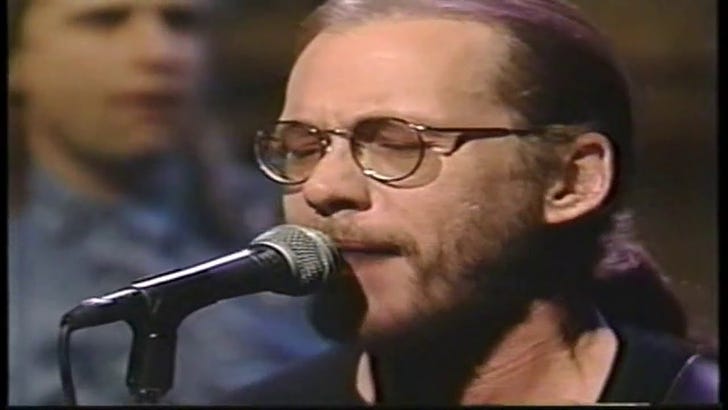I try not to pay much attention to the Rock & Roll Hall of Fame nominating process or debates. I was never insider enough even to get the long-form critic nominating form, except for two years in the 1990s. I did write-in votes for doo-wop groups like Vito & the Salutations. But when I heard that Warren Zevon was nominated as one of the finalists last week, I found it bewildering that 1. He wasn't already in, and 2. This was the first time he was a finalist. Seems crazy to me: He had a long, productive career, and he was legendary for burning the candle at all three ends, including the middle. The Wind, his final release, on Danny Goldberg's Artemis Records, was recorded after his terminal cancer diagnosis and released just before he died in 2003 at age 56. The review was never published other than on my old school Blogger blog, Wayne’s Words.
The logo on the back of the CD sleeve shows a bald skull with sunglasses and a cigarette in his mouth. I wrote this review when it came out; I'v…
Keep reading with a 7-day free trial
Subscribe to Critical Conditions by Wayne Robins to keep reading this post and get 7 days of free access to the full post archives.



